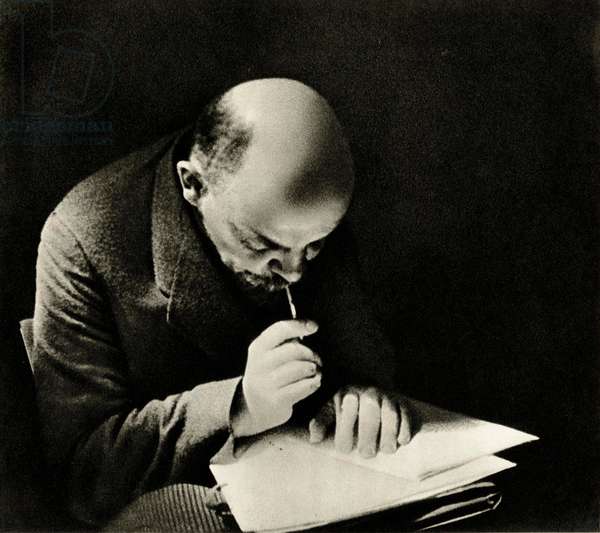I haven’t even done any real work and I still feel sleepy.
If it was easy it would be called praxeology 🤣
Sadly, that field already exists. Praxeology is the study of Human social interaction and behaviors.
I meant the one “developed” by Mises, I was just making fun of
ancapsradlibs
i mean it’s a totally different way to process the infinite complexity of reality, so yeah it’s hard lol. the more you do it the easier it will be, just like anything
I’m tempted to suggest that you don’t put too much effort into doing DiaMat analysis until you know how it works and what it looks like from reading DiaMat analyses and reading about DiaMat.
[Edit: I reread the first para and realised it could be taken the wrong way. I’m not commenting on how much work you currently do. I’m advising you not to do too much explicit application. It will come naturally, in time.]
I still make mistakes, but I do not really think about doing DiaMat any more. It’s second nature. Once you’ve seen it, it cannot be unseen.
I got to this point by reading and critically analysing Marxism and Marxist works. Analyse slowly and carefully. It takes longer than just reading. And sometimes it’s enough just to read. In fact, I’d say it’s essential: sometimes we should just read and bathe in the new ideas so that we can be introduced to enough literature.
Careful analysis means slowing right down, which means you will not get through much. Reading and analysing are still taxing activities! So don’t try to do to much in one go. Sit comfortably. Have water or a hot drink to hand. Work in 20-50 minute blocks. And get up in the breaks.
When it comes to that analysis, you can focus on sentences, paragraphs, sections, chapters, ideas, arguments, etc. Switch it up. You don’t need to go through everything with a fine-tooth comb.
It helps to have someone to talk to about it. I have people that will listen to me explain what I’ve read.
If you don’t have this, you could pretend you’re writing a letter to a sympathetic reader, and explain to them:
- what you read,
- what the main argument is,
- what you find most interesting and
- most confusing, and
- what you think are the text’s main weaknesses (especially if this Marxist says something different to that Marxist – which one is more consistent and why?)
- how this text connects to other texts
- whether the text explains DiaMat or just does DiaMat without drawing attention to the method (Parenti, for example).
It also helps to start a reading group (two people are enough; more than four might be too many, in person, IME). Then you can discuss a text in depth over time (chapter by chapter or section by section) and hear different interpretations of the same ideas. Different people pick out different details and spot different problems. It’s good to have your understanding challenged.
It may be a good idea for us to start a reading group here if we can find the right texts.



